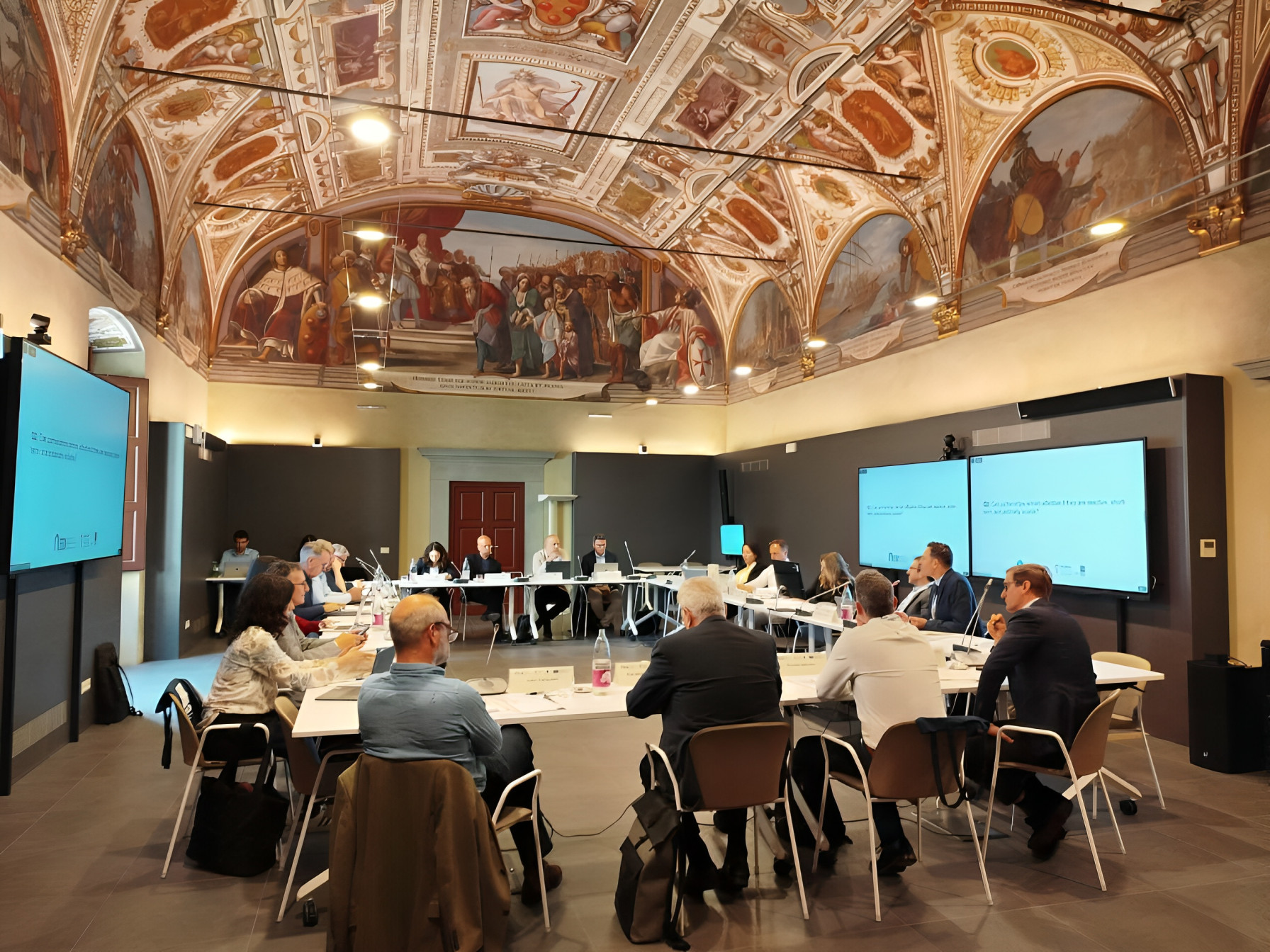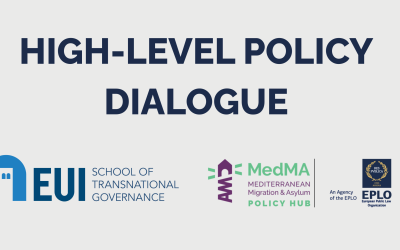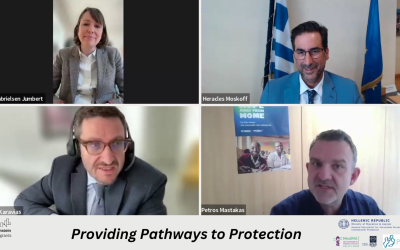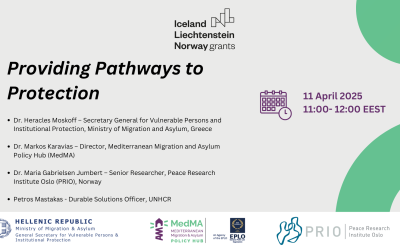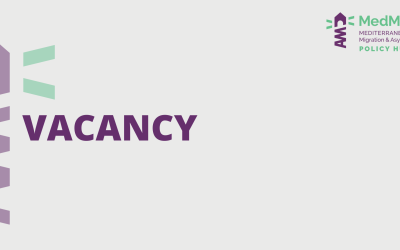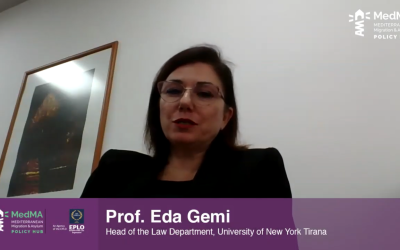Taking place amid the implementation of the new EU Pact on Migration and Asylum and the expected launch of the broader New Pact for the Mediterranean, the dialogue focused on the urgent need for regional coordination that reflects not only geopolitical and economic realities, but also the agency and dignity of migrants.
Three Focus Areas: Governance, Labour Mobility, and Administration
The dialogue was structured around three central themes: Migration Management and Governance through Partnerships, Labour Mobility and Development, and Administrative Governance. Each session offered an opportunity to critically assess current policy frameworks and explore avenues for more effective and equitable migration governance.
Discussions on partnerships with third countries highlighted a prevailing concern that many existing arrangements tend to be transactional in nature, with a primary focus on return and containment measures. Participants questioned the extent to which such partnerships incorporate the interests and priorities of countries of origin and transit. Several contributors advocated for greater coherence between migration frameworks and broader foreign policy tools, including those related to trade, development, and security.
In the area of labour mobility, attention was given to the design and implementation of talent partnerships, the role of the private sector, and the importance of engaging small and medium-sized enterprises (SMEs). There was a shared recognition of the need to balance labour market demands in destination countries with equitable development outcomes in countries of origin. Furthermore, discussions underscored the potential of co-development approaches, as well as the importance of fostering fair recruitment practices and mobility pathways that do not exacerbate existing inequalities.
Administrative governance emerged as a key factor influencing the efficiency of migration systems. While some recent examples, such as the response to displacement from Ukraine, demonstrated the potential for swift and coordinated action, participants noted that many procedures remain slow and/ or fragmented, creating uncertainty and undermining trust in institutions. The potential of digital tools to streamline processes, improve transparency, and expand access was also explored, with an emphasis on the need for careful and responsible implementation.
At a time when polarizing narratives are increasingly shaping migration debates across Europe, and policy remains siloed across sectors, this High-Level Dialogue provided a much-needed space to reflect on what kind of migration governance we need for the region’s future.
A joint EUI–MedMA policy paper will be published in the coming weeks, capturing key recommendations from the discussion and identifying actionable proposals for more balanced, inclusive, and future-proof migration cooperation in the Mediterranean.

